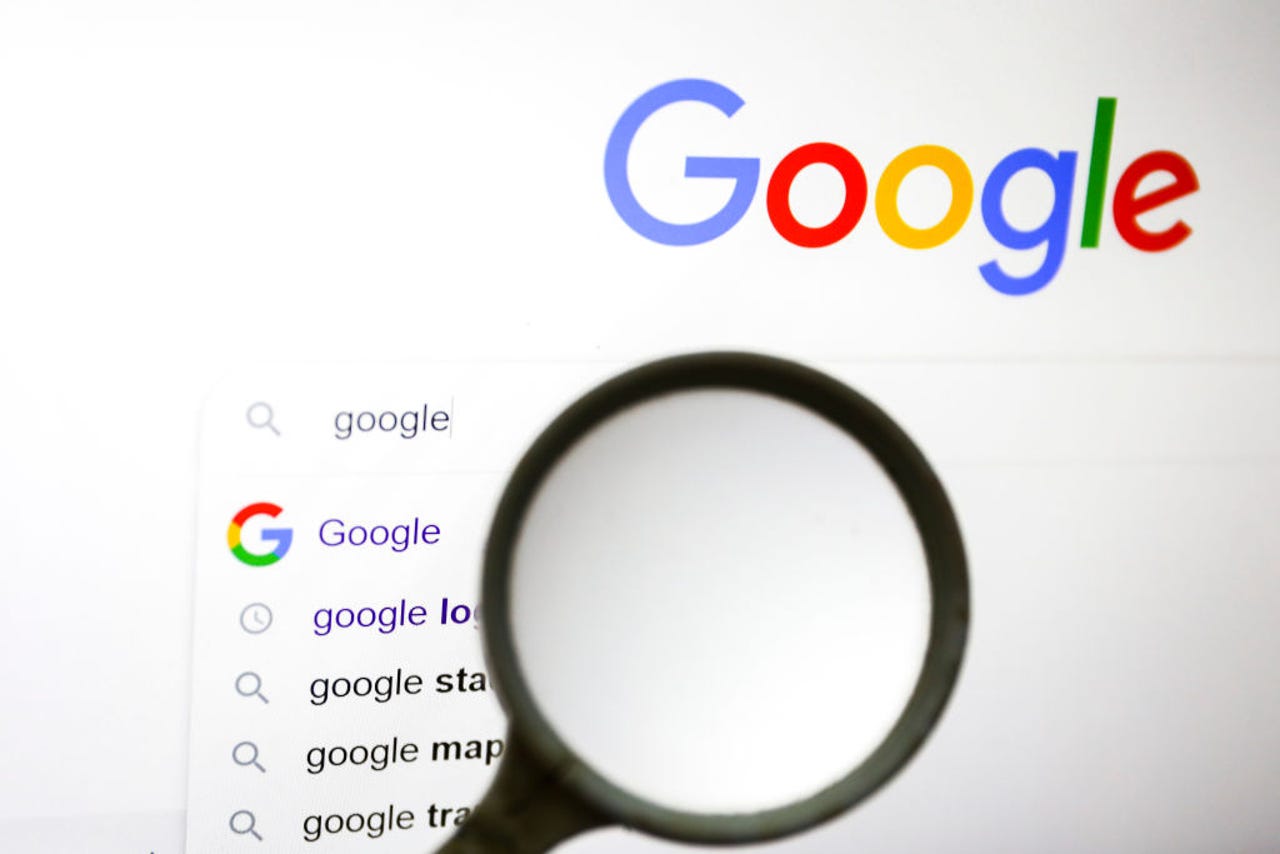Google allegedly hid documents from search monopoly lawsuit, DOJ claims


Google employees have been improperly using attorney-client privilege to hide documents from discovery in litigation and government investigations, according to fresh allegations laid by the US Justice Department (DOJ).
"Google has explicitly and repeatedly instructed its employees to shield important business communications from discovery by using false requests for legal advice," DOJ attorneys wrote in a court filing for its search monopoly lawsuit against Google.
According to the court filing [PDF], Google taught employees to slap an attorney-client privilege label and generic "request" for counsel's advice label on any sensitive business communications that Google might wish to shield from discovery. Slapping these labels onto communications prevents them from being provided for discovery in litigation.
This practice has allegedly been used throughout all levels of Google's hierarchy, with the DOJ claiming Google parent company Alphabet's CEO Sundar Pichai copied Google chief legal officer Kent Walker onto an email to YouTube CEO Susan Wojcicki about how to respond to a press inquiry, with "Attorney Client Privileged" at the top.
In these "camouflaged" communications, the attorney allegedly remained silent on a frequent basis, which the DOJ claims underscored that these communications were not genuine requests for legal advice but rather "an effort to hide potential evidence".
"Google's strategy worked. Google's outside counsel often accepted Google employees' artificial claims of privilege at face value," DOJ attorneys wrote in the court filing.
According to the DOJ, tens of thousands of documents were initially withheld or redacted on the basis of attorney-client privilege.
Some of these documents have since been deprivileged by Google's outside counsel, but only after multiple challenges to the privilege claims, DOJ attorneys wrote.
The deprivileging of these documents, however, does not cure the alleged misconduct contained in Google's efforts to hide relevant communications, the Justice Department claims.
In light of these revelations, the DOJ has requested for the presiding judge of the search monopoly case to sanction Google into releasing all documents and emails between non-attorneys where the included in-house counsel did not reply.
It's been one-and-a-half years since the search monopoly lawsuit was laid against Google. In the lawsuit, the DOJ and 11 states are accusing the company of illegally maintaining a monopoly over the online search and search advertising markets.
Related Coverage
- Google sued by US Department of Justice in search monopoly, advertising lawsuit
- Google allegedly considered buying Epic Games to remove app store competition
- France fines Google €500m for repeat failure to negotiate in good faith with publishers
- Google responds to antitrust lawsuit over Android app store
- Google loses appeal against €2.4 billion EU fine for demoting rival shopping services